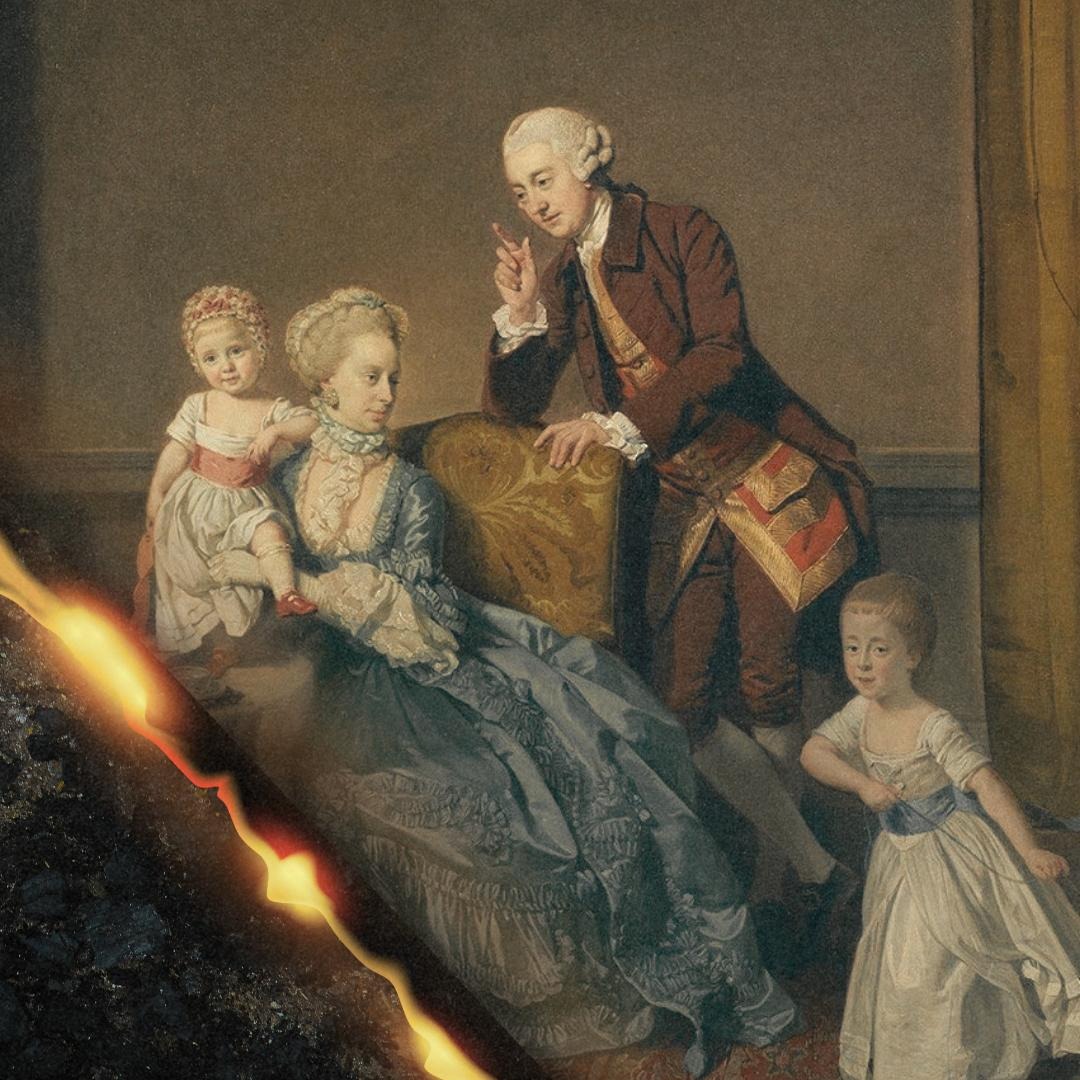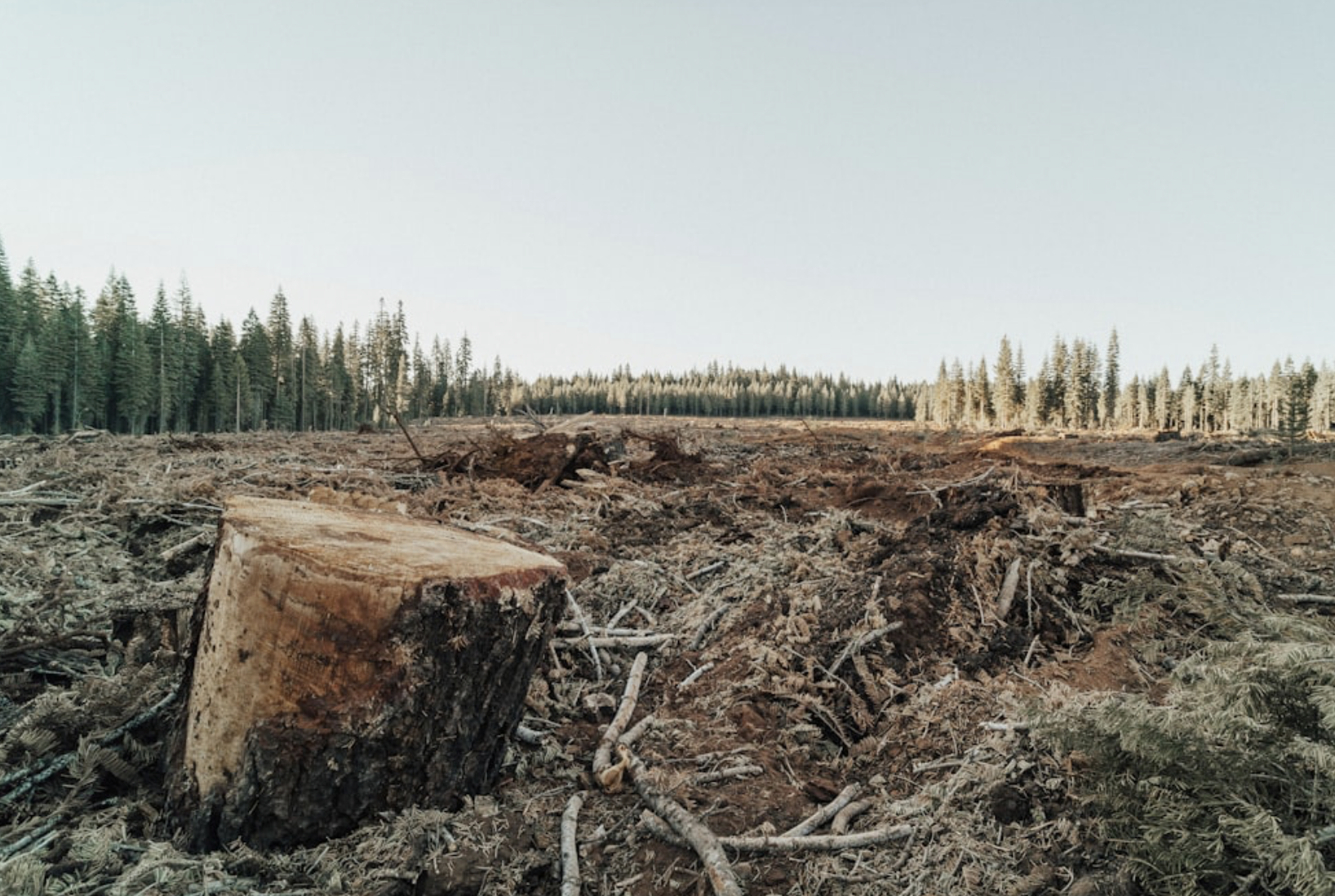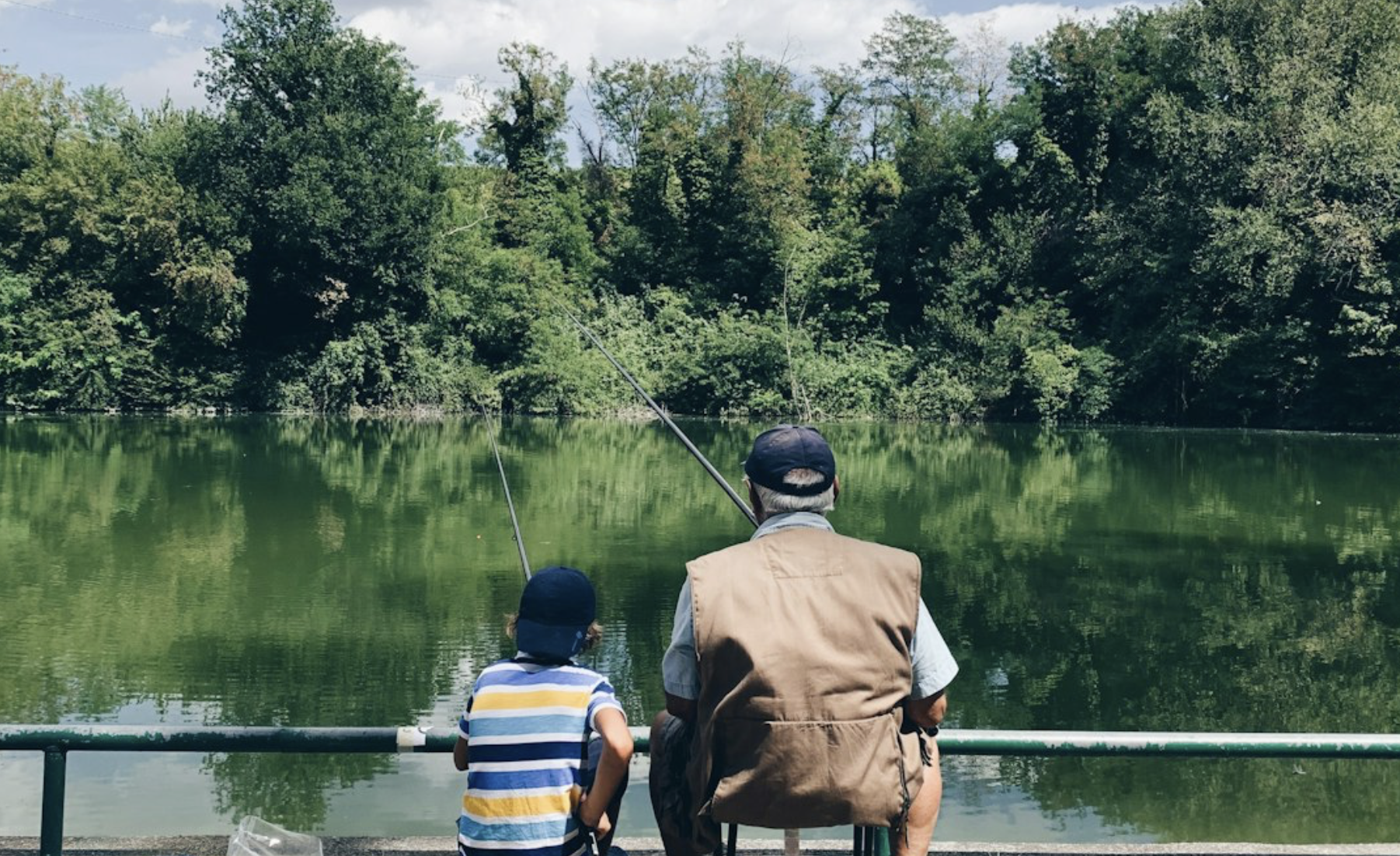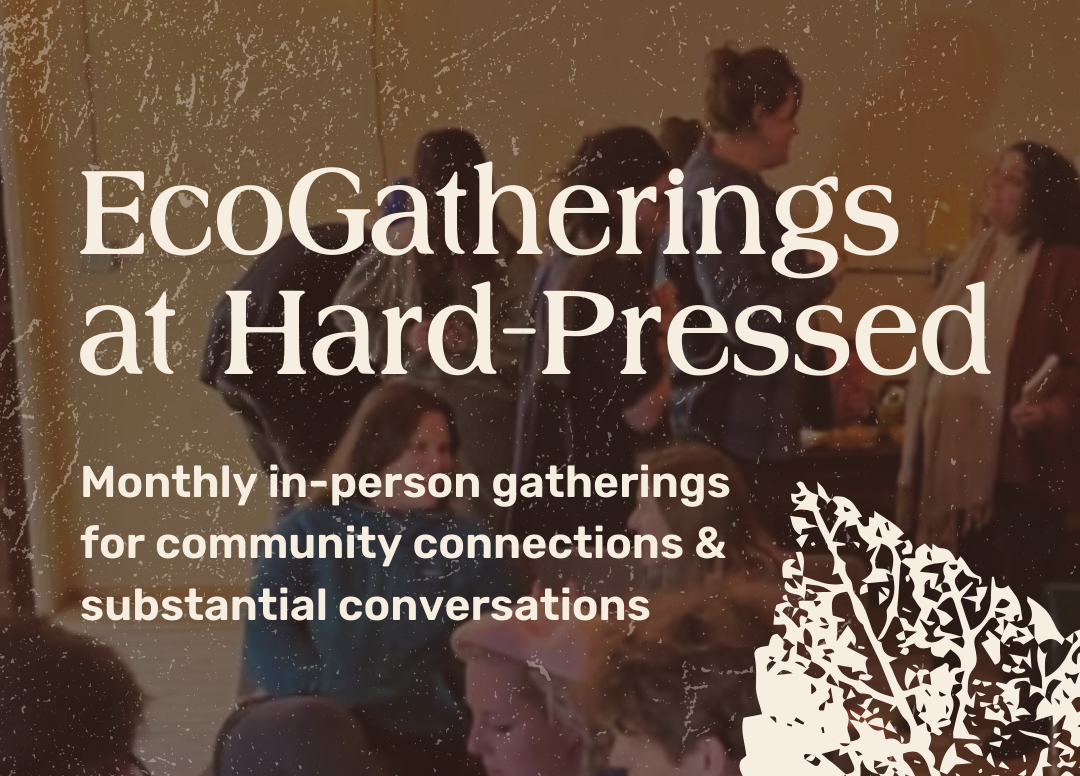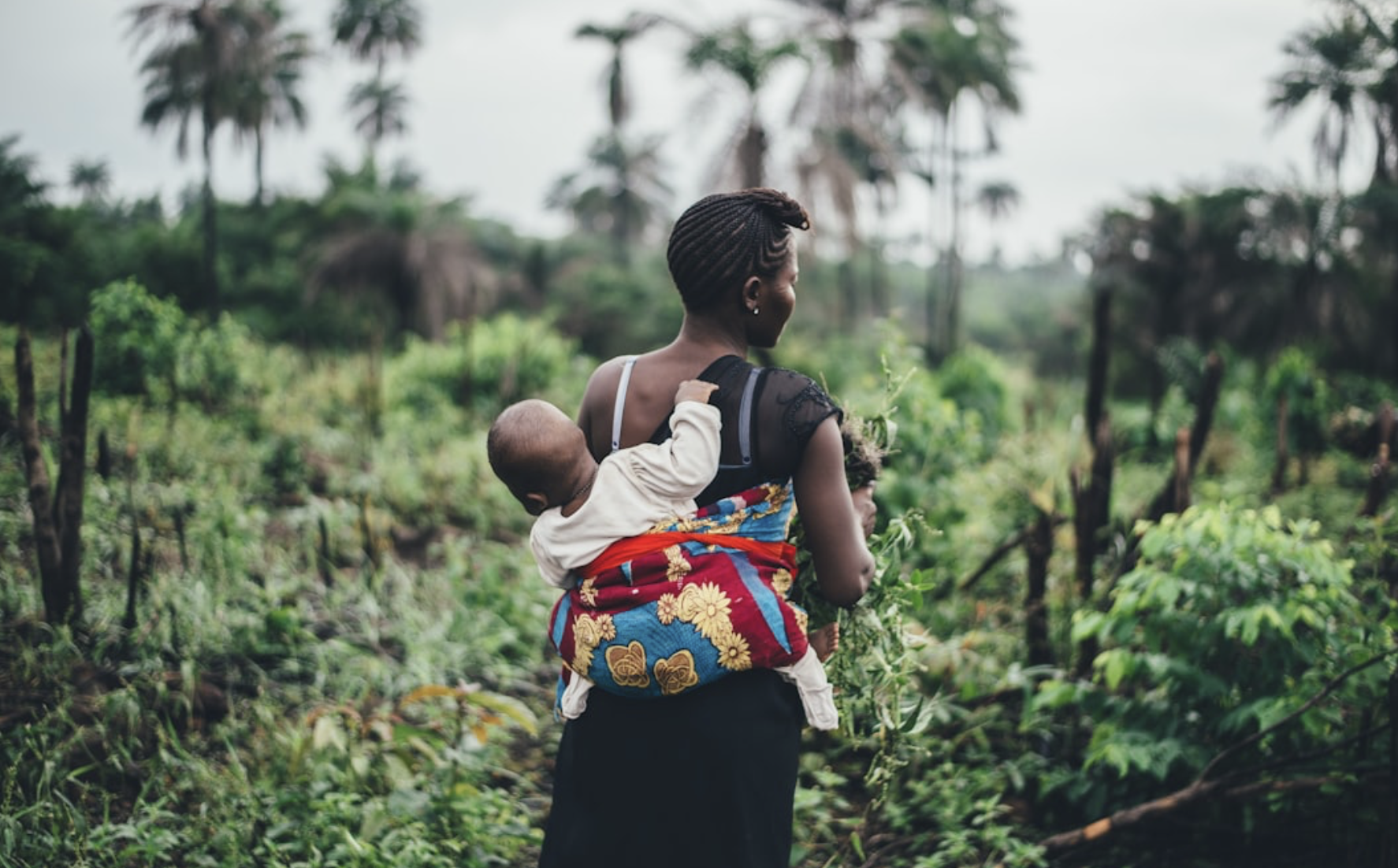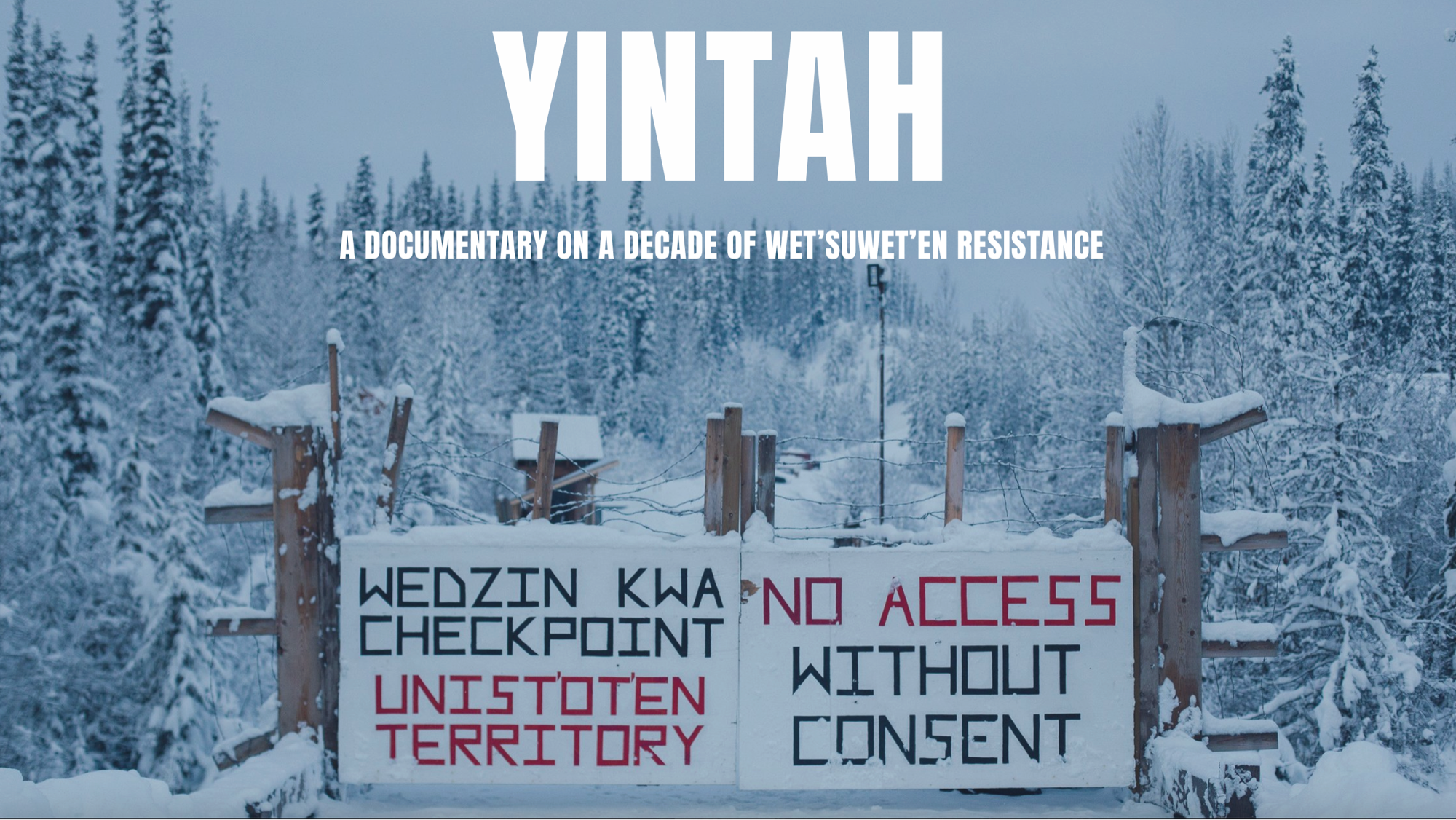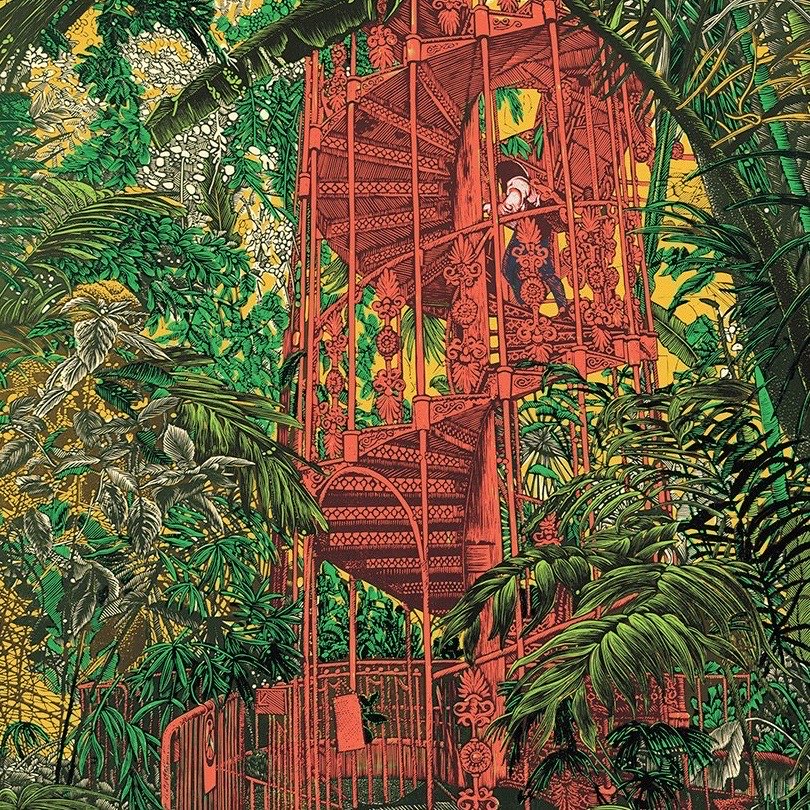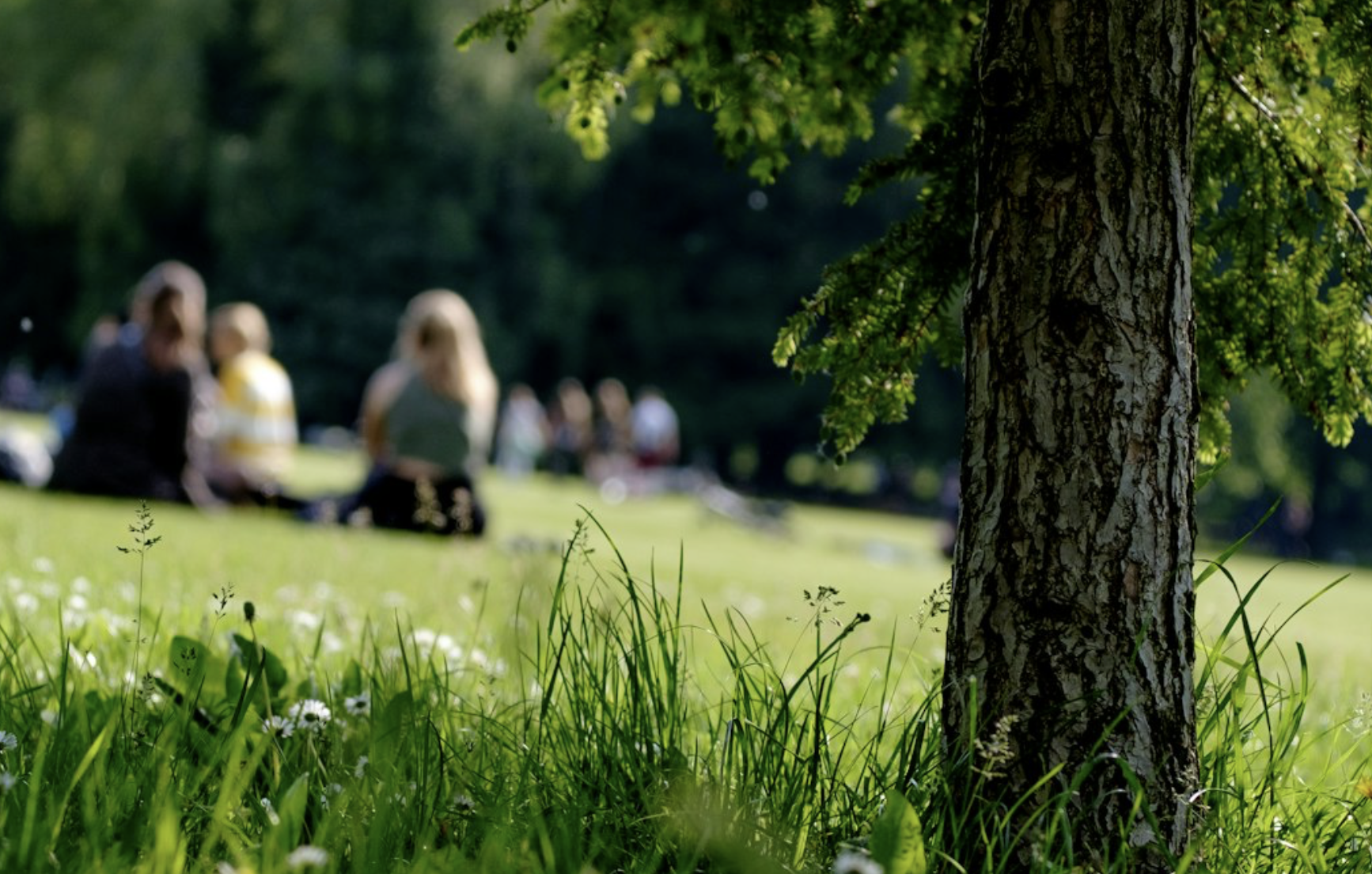
Peace
Just as modernity has shaped the narratives of progress, population, and prosperity to its own benefit, there is a story of peace that we've been told which deserves some critical analysis and questioning. In a culture where "peace deals" are synonymous with a temporary pause on genocidal bloodshed carried out by an incredibly unbalanced power dynamic, our very notion of what "peace" actually is has become warped by our conditioning to witness and increasingly tolerate unspeakable violence. The question of peace must hold an aspect of social spatiality… peace where? And for whom? A pervasive "Protect your peace" type of neo-spirituality has arisen in modernity's hyper-individualized society. It requires its followers to ignore the very violences that their so-called peace depends on, as well as the conflict that inevitably arises from the unaddressed violences. But there is no peace in existing amongst the comforts of modernity when those comforts are dependent on the extraction and exploitation of other life.


